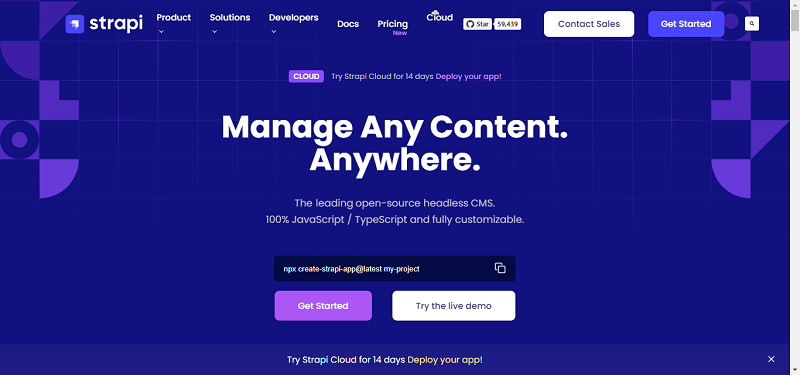Everyone who reads this site will be aware of how big data is permeating every aspect of our lives; from advertising to health and from travel to urban planning, big data is increasingly relied upon by companies, individuals and governments.
Data doesn’t necessarily have to be useful though, sometimes it can be used just for fun or for odd insights that we wouldn’t ordinarily be privy to. Here we look at some of the more unusual uses of big data around the world.
The death penalty is a divisive issue. Nonetheless, given its presence in thirty two US states and with sixty percent of the world’s population living in countries where the sentence is routinely used, it remains very much part of the judicial landscape for billions of people.
The US State of Texas has ended the life of 515 inmates since 1982, and in what is potentially the most morbid use of a data set we’ve come across they have faithfully recorded the last words of every one of those 515 prisoners in a publicly accessible data set.
The data includes information as broad as their convicted person’s final verbal and written statements, the date of their execution, their age, and the county in which the execution took place. The data also contains complete offender information such as height, weight, education level, eye colour, and even a photograph.
Be warned, it might make tough viewing for some of our more sensitive readers.
Enron was a US-based energy, commodities, and services giant that had claimed revenues of $101 billion in 2000 before filing for bankruptcy less than a year later in October 2001. With $63.4 billion of assets it was the largest corporate bankruptcy in American history at the time. Its collapse saw shareholder lose $74 billion and landed Chief Executives Kenneth Lay and Jeffrey Skilling with jail terms of 24 years and 45 years respectively.
During the federal investigation a total of 600,000 emails from 158 high-level executives were collected and categorised for use at the trial. Following the trial a copy of the database was purchased for $10,000 by Andrew McCallum at the University of Massachusetts.
McCallum released the corpus into the public domain and it is now widely regarded as the only publicly available mass collections of real emails that are easily available for study.
The entire database can be downloaded for free and the website also includes a number of research papers and insights that have be published after the emails’ release.
Chess is one of the world’s most popular sports. There are an estimated 700 million regular players which include two million professionals; those at the pinnacle of the sport can expect to earn in excess of $2 million per year – more than a lot of competitors in more ‘traditional’ sports.
Given the nature of the game it is perfect for data collection and statistical analysis. Games between the world’s best have every move faithfully recorded to enable others to study and learn from their strategies.
If you’re a lover of the game then the good news is that all this data is available for free download. The ‘Chess Million Base’ has a mammoth 2.2 million games available for study, including all major championship games dating back as far as 1970. With forty moves per game on average, the database is predicted to contain almost 90 million individual entries.
By Daniel Price





